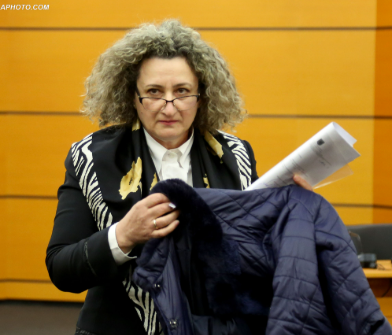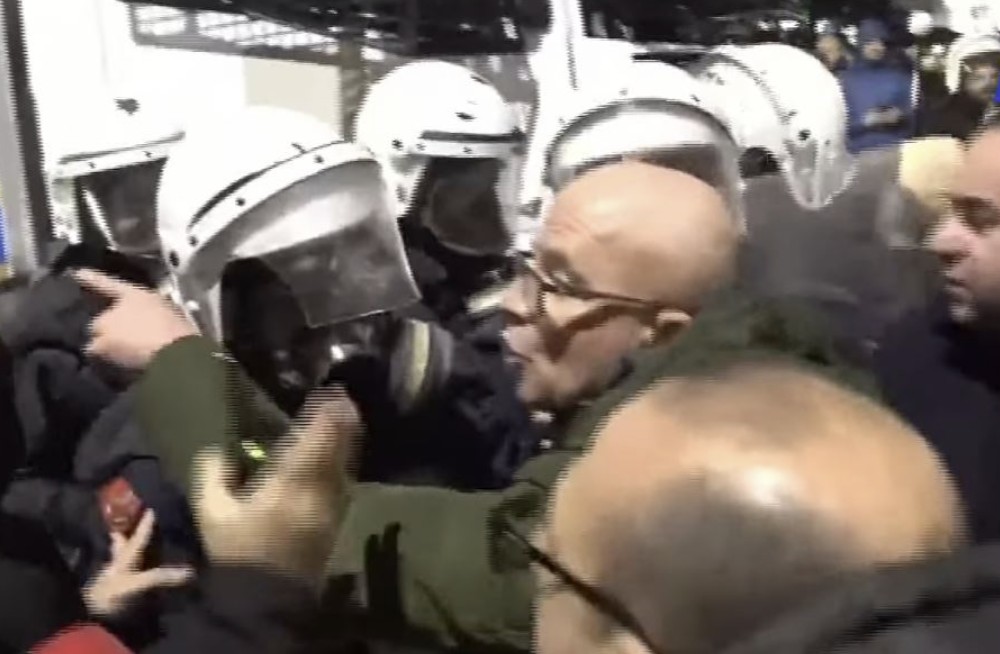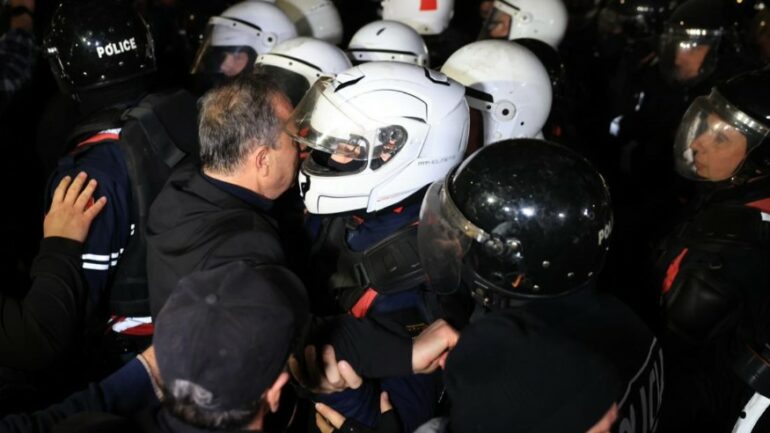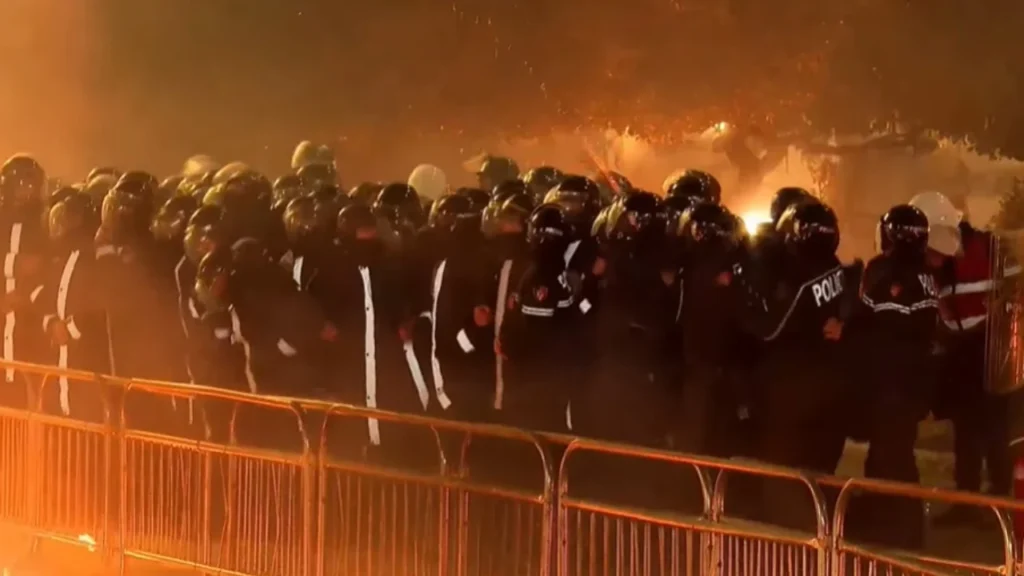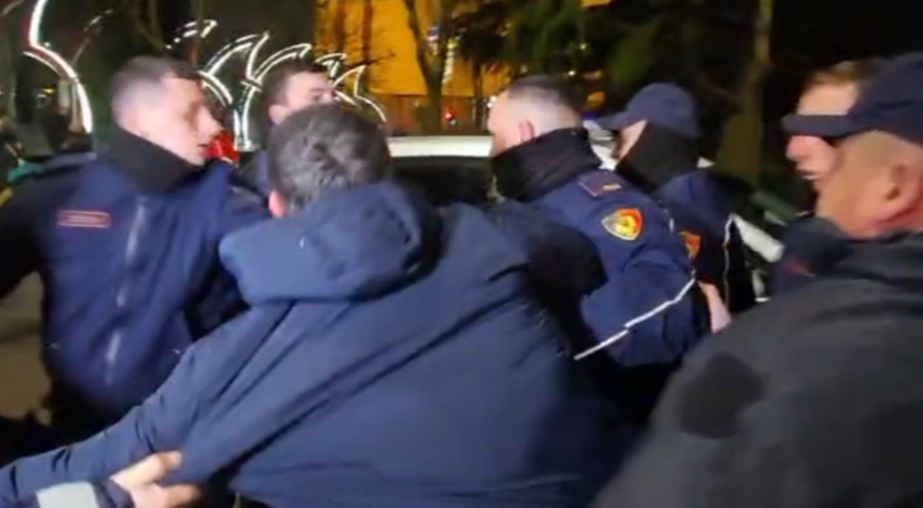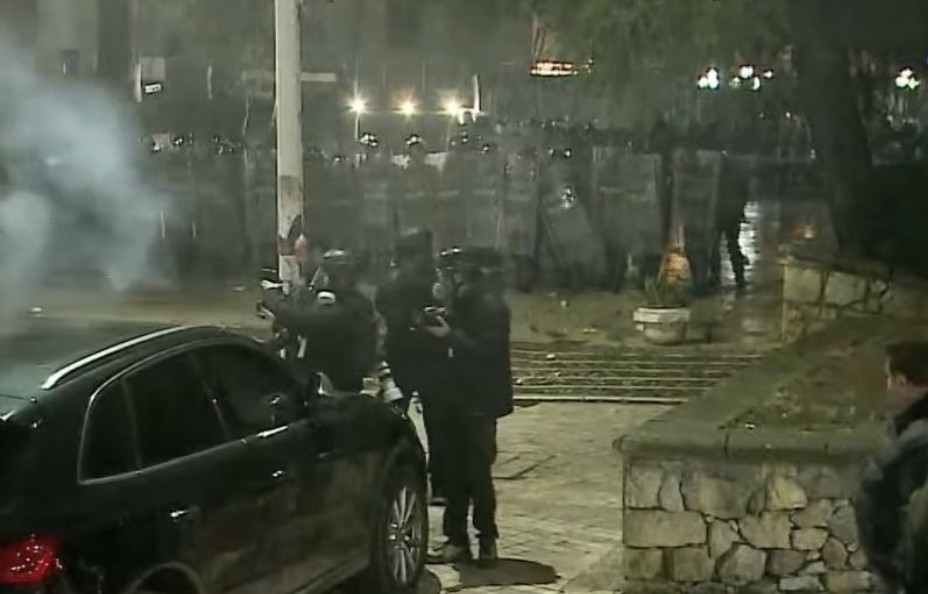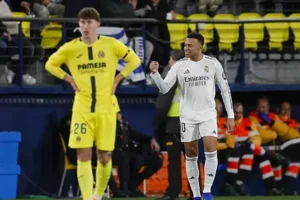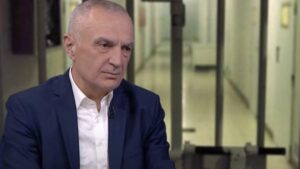Serb Leaders Quarrel Over Bosnia’s EU Path
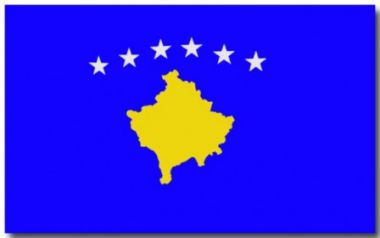
Leaders of the Bosnian Serb ruling and opposition parties exchanged harsh words over the weekend as the political struggle moved from negotiations about the formation of new governments to the next highly-disputed issue – a new mechanism for the coordination of EU projects.
The row began after Mladen Ivanic, the chairman of Bosnian tripartite presidency and leader of the opposition Serb Party of Democratic Progress, PDP, told local media on Friday that Bosnia’s presidency or the state government, the Council of Ministers, should be a part of this mechanism to make decisions when lower administrative levels fail to agree.
This triggered strong reactions over the weekend from the premier and president of the Serb-dominated entity of Republika Srpska, who accused Ivanic of corroborating with Bosniaks and betraying Serbs.
The EU coordinating mechanism is supposed to establish clear responsibilities for each of Bosnia’s numerous administrative levels in the implementation of EU projects and the overall EU accession process. In Bosnia it has been blocked since 2013 by political disputes arising from the conflicting views which Bosniak, Croat and Serb leaders have about the future of Bosnia.
While Bosniak politicians expected the EU accession process to make Bosnia much more centralised, the Bosnian Serb leadership insisted on maintaining the full semi-autonomous status of Republika Srpska with all its broad responsibilities – even at the cost of abandoning the EU accession process.
This debate has been on the back burner for the past three years as Bosnia’s path to the EU remained blocked by political quarrels related to the constitutional reforms which the EU required during the period.
However after the EU dropped constitutional reform as a part of its new approach to Bosnia, the new EU coordinating mechanism became the next frontline for local political battles.
After Bosnia’s main parties finally elected new governments at the state level and in the Bosniak-Croat Federation last week, they are now supposed to start negotiating a new EU coordinating mechanism which is the next condition for Bosnia to move on with its EU reform agenda.
Conflicting views on the future of Bosnia, as well as the readiness to use this issue for new political quarrels and the scoring of political points, became visible again over the weekend following Ivanic’s proposal on Friday.
“There should be a simpler mechanism [for the coordination of EU projects] so when there is no consensus, the final decision can be made by the chairman of the Council of Ministers and his deputies, or by the presidency,” Ivanic told media.
Republika Srpska President Milorad Dodik reacted immediately by saying that Ivanic’s proposal was his “payback to the [Bosnian] Muslims” who voted for him and allowed him to win a position in the presidency.
Dodik added that this is only his first reaction to Ivanic’s proposal and that more will follow after he informs people in Republika Srpska about “what this really means”.
Republika Srpska premier Zeljka Cvijanovic also slammed Ivanic’s suggestion.
“The attitudes of Mladen Ivanic and solutions that he is proposing are absolutely unacceptable. The coordinating mechanism must fully take into account the decentralised structure of Bosnia and Herzegovina as envisaged by the constitution,” Cvijanovic said.
“The solutions proposed by Ivanic are a threat to the constitutional position of Republika Srpska,” she added.
Cvijanovic said that Bosnia’s presidency cannot adjudicate between entities because it has no authority over them, and insisted that the Republika Srpska government would not take part in such “dangerous political ploys”.
Ivanic responded on Sunday by saying that his proposal referred to eventual arbitration in case of disagreements within the Bosniak-Croat Federation and did not refer in any way to Republika Srpska.
He also claimed that the reactions from Dodik and Cvijanovic indicated that they were “ready to invent non-existing problems” to divert attention from corruption scandals allegedly linked to tycoons close to the Serb-led entity’s leadership.
“These scandals have been going on too long. It is obvious that Dodik and Cvijanovic owe something to the people who are involved in them and that as long as they are in the government, Republika Srpska will do nothing to fight crime and corruption,” he said.
 KOHA JONË SONDAZH
KOHA JONË SONDAZH










